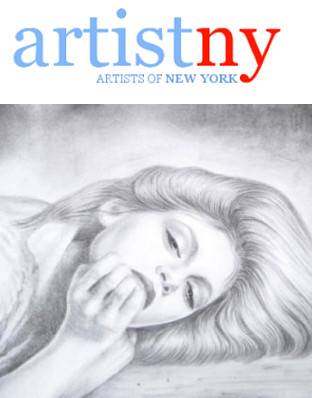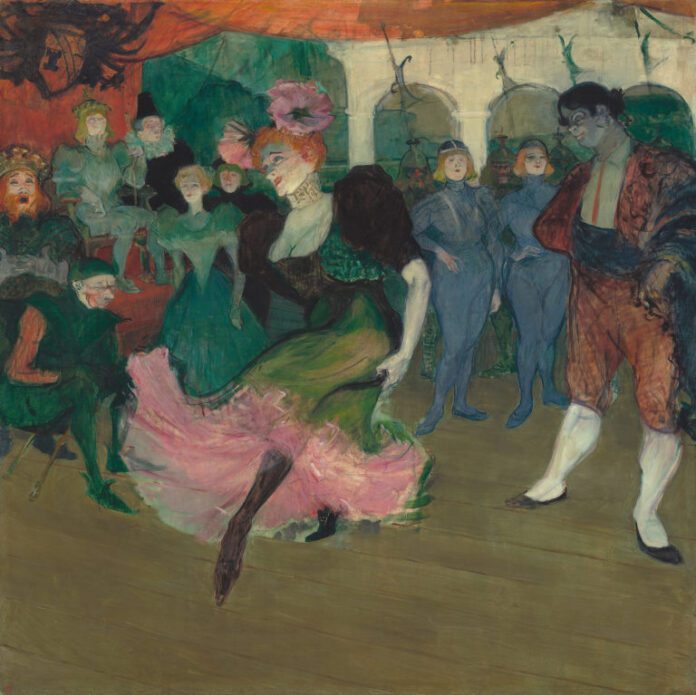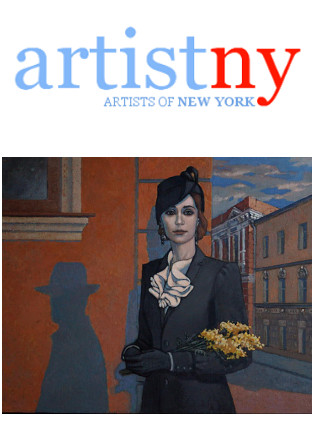Like many artists, you love your work. But there’s always something missing, you know? That certain level of satisfaction you had as a kid. You may be an artist now, but that doesn’t mean there aren’t challenges or problems to overcome along the way; even for the most talented, independent artists. You need help! You might want to find a mentor.
Why Become a Mentor?
Mentors are someone who can help a new artist gain the skills they need to succeed. They don’t have too much time, but they constantly have time to answer questions or offer advice. Mentors share their in-depth knowledge of the industry and its culture for the benefit of others.
One of the main reasons to become a mentor to artists is because you can use your influence and experience to draw upon. You get to share what you’ve learned in your journey, and artists will be able to learn and grow from your positive feedback.
Why Artists Need Mentors
Many artists all want to learn about the specifics of becoming a professional artist, so that they can be successful. However, thanks to new technology many artists no longer have to ask other people how to do things. So, it’s more important than ever for artists to find a mentor with some experience in their field.
To be a successful artist is to have mentors that guide you through your development. This includes what supplies to purchase, the best locations for selling your artwork, and how much money you can afford to invest in your artistic endeavors. Even if you don’t consider yourself a serious artist or aren’t an artist yet, there are certain bits of information that every creative person should know before they start their journey as a creative person.
Everyone loves art, but it can take many years to understand how to create art effectively and how to best market your work. For beginners in the landscape, there is nothing more valuable then having a mentor. If an artist has a mentor they are able to work toward achieving their goals quickly as well as be in a healthy environment where they can grow artistically.
Who Can Be Your Mentor?
Some artists feel uncomfortable about speaking their minds and telling others in the art community what they want or crave, questions that might require taking a risk. Sometimes it’s easier to go with the flow and be different than what everyone else does, but this can lead to feeling unfulfilled.
Side Note: A mentor is a role model for an artist where the mentor shows the artist what they should do believe in so you don’t have to figure out yourself but instead learning from someone else and still pursuing your passion as an artist.
There are many people who can mentor an artist, but not all of these people share the same expertise. If you’re looking for someone who shares your skills and your passions, ask a friend if they know somebody else in the arts that would be available to help you out. You may also want to ask friends who are venture capitalists what other artists turn to them for advice today.
What Should a Mentor Do?
An artist mentor is someone who has more experience and is able to offer guidance in the field of art. The mentor can help teach the beginner about different materials, software, and techniques that will help them become better. Finding a qualified mentor is an important step in any artistic career. A professional artist mentor should be able to advise artists on improving their skills, business practices, finding an internship or job that leads to further employment, and other Big-Little questions.
Many professional artists just received the opportunity to share their skills after studying for hundreds or thousands of hours. However, many young artists look for mentors outside of school to help them become famous and wealthy. Take a good look at the mentor’s portfolio to see what they offer and what they’ve been doing recently.
How to Find a Professional Artist to Work with
There are multiple ways to find a mentor who can teach you the art of a particular craft. Though it can be time-consuming, one way to find someone is by looking up their website and contact information. You should also look for any testimonies under their biography and make sure they have an adequate amount of experience over a career period. In addition, make sure your potential mentor has the specific skills you are looking for before contacting them.
Rather than being forced to follow the same route as other artists, finding one that is a professional can help you take your skills to the next level. If you want to find a mentor in your field of expertise, it’s best to seek out individuals who have advanced their skills with training. Search job and company databases for artists that match your qualifications. This will help you find supporters of your work and potential ideas for collaborations.
Why Review an Artist’s Portfolio More Carefully Than Their Website or Social Media Profile
There is no time more important than now to identify artists that have the ability to generate an interest in their work. The earlier you can identify people with a potential for a successful career within your network, the better you will do.
Most people would approach a potential mentor from the perspective of a professional artist. If you want to learn more about an artist before committing to a working relationship, review whatever information about them that is online. Check if it matches their portfolio or website and if not, move on!
When looking for an artist to mentor, it’s important to look at their painting style and the amount of experience they have under their belt. It’s also essential to take a closer look at their website and social media profile by viewing past works. A professional artists portfolio needs to be extensive while still sparse enough that you can learn more about the artist and the painting style they use.
What If My Mentoring Fails?
Successful mentoring doesn’t just happen overnight. It’s an art that takes time, effort and patience to master. At first, mentoring may seem challenging; it can even be difficult to be compassionate with the vulnerability that accompanies trying to mentor younger artists. Mentors generally need support, which can be difficult when there are a lot of pressing deadlines and career obligations coming up.
It is important for artists to find a mentor, whether it be another artist or former teachers. However, friction can also occur if your mentoring fails. In that case, you usually need to think on the fly, or revert back to a professional mentor. If you are struggling with a lack of contact with mentors and worry that your career will suffer without having them in their lives, consider asking family and friends.
In trying to find a professional artist mentor, it is helpful to learn from other people who made the transition themselves. There may be some risk involved in taking a chance and starting with a new person, but sometimes the reward can be worth the gamble. Rather than wait until you know how art works, explore different artists and their styles on your own. You will not always like what you find. However, it might connect with aspects of your own personality that you had never considered before.
How to Make a Good Impression on an Artist
When you are introducing yourself to an artist, the most important thing is to make a good impression; what you say can mean the difference between getting a portfolio and not. Here are some manners that will give you a chance:
- Be prepared. Know their style and what they typically look for when checking out portfolios. Know whether or not they prefer digital art or traditional art.
- Try to stand slightly closer for a handshake and less nervous about shaking hands than if you were waiting in line somewhere. Snares fingers quickly and offer a firm grasp of the other person’s hand before speeding away and disappearing just as quickly as ever did after shaking your hand…or it is still attached.
- Avoid areas that are crowded, but respect their perimeter if the studio is elated with them around, then strike it up with artist that doesn’t mind visitors stopping by now and again so long as it conforms to a few rules such as not just barging in at any time of day.
Conclusion
In conclusion, I suggest an audience to artists who want to learn more about the process of creating. There are plenty of resources on the internet, as well as YouTube videos on techniques and materials. For every artist needing help with anything, they should be able to find a mentor in their locality.



